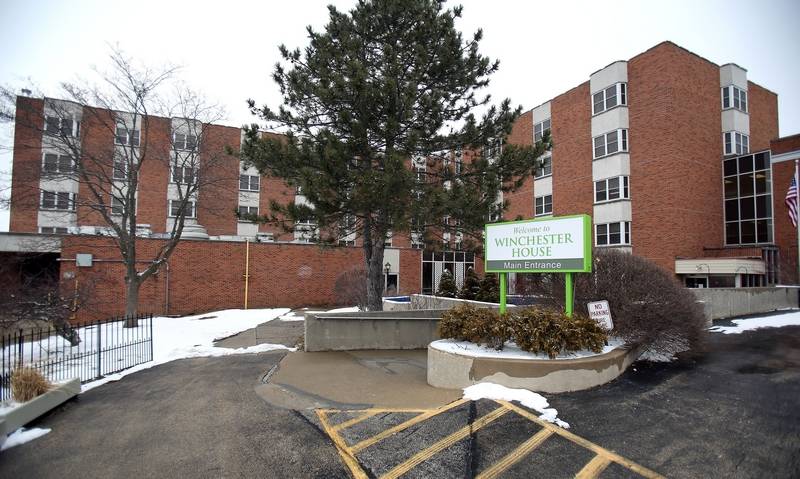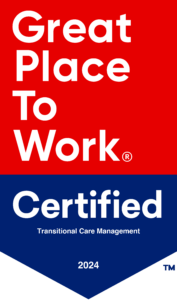Supporting Nurse Leaders in Turbulent Times Webinar
by TCM Consulting and Management
06 13, 2023 | Posted in Event, General, Press | 0 comments
$35 per Community Free CEU's to IPC members

Nurse Recruitment Thought Leadership
by TCM Consulting and Management
04 12, 2023 | Posted in General, Press | 0 comments
Nurse Recruitment Thought Leadership Hiring immigrant workers for the nursing home industry from start to finish is grueling for operators. Still, leaders in the industry say it’s the closest to a "silver bullet" we have to meet the staffing crisis. Such a long-term investment is marred by glacial immigration processes and skyrocketing costs to bring people over as staffing agencies get in the game. There’s competition from other countries with far shorter wait times for prospective nurses, and Covid caused a backup in applications. Read more about the options for managing this staffing crisis, including insights from Mike Filippo, TCM Consulting and Management's Chief Financial Officer.
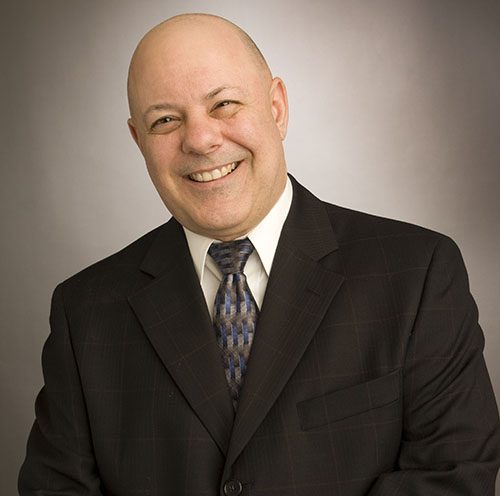
Five Years in the Making, Thrive Sees Post-COVID Upside in Three New Skilled Nursing Facilities
by TCM Consulting and Management
08 20, 2020 | Posted in Press | 0 comments
 |
Developing new post-acute and long-term care infrastructure during normal times isn’t always easy — in fact, for one Illinois company, the phased opening of three new skilled nursing facilities this year represented the culmination of more than five years of work.
But as COVID-19 continues to reveal the fatal shortcomings of outdated nursing home design, calls for newer facilities with private rooms and a higher level of care have already grown louder, and the team at Innovative Health believes they’ve made the right bet on what seniors and hospital partners will want in a post-pandemic world.
“Time will tell our success, but I think the model is so different that people are really willing to give us an opportunity to show them how different it is,” Innovative Health chief strategy officer Charles Ross told SNN.
The company is two-thirds of the way through opening a trio of new skilled nursing facilities in the western Chicago suburbs of Mundelein, Lisle, and Aurora, Ill., all branded under the Thrive name. The former two are currently open and operational, with the third set to open later this year.
The Mundelein project, Thrive of Lake County, replaced a county-run facility that Innovative Health initially applied to take over on an interim basis around six years ago. The other two, Thrive of Lisle and Thrive of Fox Valley, represent completely new developments, with a total price tag of about $80 million for all three.
Thrive of Lake County’s status as a replacement for an existing nursing home helped to ease the project through Illinois’s certificate of need (CON) process; like many other states, Illinois limits the number of skilled nursing beds that can legally operate in an attempt to prevent oversaturation and, in theory, maintain a high standard of quality.
|
Developing new post-acute and long-term care infrastructure during normal times isn’t always easy — in fact, for one Illinois company, the phased opening of three new skilled nursing facilities this year represented the culmination of more than five years of work.
But as COVID-19 continues to reveal the fatal shortcomings of outdated nursing home design, calls for newer facilities with private rooms and a higher level of care have already grown louder, and the team at Innovative Health believes they’ve made the right bet on what seniors and hospital partners will want in a post-pandemic world.
“Time will tell our success, but I think the model is so different that people are really willing to give us an opportunity to show them how different it is,” Innovative Health chief strategy officer Charles Ross told SNN.
The company is two-thirds of the way through opening a trio of new skilled nursing facilities in the western Chicago suburbs of Mundelein, Lisle, and Aurora, Ill., all branded under the Thrive name. The former two are currently open and operational, with the third set to open later this year.
The Mundelein project, Thrive of Lake County, replaced a county-run facility that Innovative Health initially applied to take over on an interim basis around six years ago. The other two, Thrive of Lisle and Thrive of Fox Valley, represent completely new developments, with a total price tag of about $80 million for all three.
Thrive of Lake County’s status as a replacement for an existing nursing home helped to ease the project through Illinois’s certificate of need (CON) process; like many other states, Illinois limits the number of skilled nursing beds that can legally operate in an attempt to prevent oversaturation and, in theory, maintain a high standard of quality.

Inside Innovative Health’s $80 Million Skilled Nursing Construction Push
by TCM Consulting and Management
11 14, 2019 | Posted in Press | 0 comments
 |
Despite a general lack of new construction in the skilled nursing space, one owner/operator stands out for building three brand-new skilled nursing facilities in the Chicagoland area.
And when many companies are paring down staff and consolidating, Brad Haber, principal owner and operator at Innovative Health, LLC, is midway through spearheading three SNF construction projects in Mundelein, Lisle, and Aurora for about $80 million in total.
Innovative Health, a short-term transitional and post-acute health care company based in Northbrook, Ill., will replace Winchester House and bring existing staff to the new Mundelein facility and a new set of staffers to the Lisle and Aurora buildings — adding 200 employees, concentrated mostly in nurses with at least 15 new therapists.
READ MORE
|
Despite a general lack of new construction in the skilled nursing space, one owner/operator stands out for building three brand-new skilled nursing facilities in the Chicagoland area.
And when many companies are paring down staff and consolidating, Brad Haber, principal owner and operator at Innovative Health, LLC, is midway through spearheading three SNF construction projects in Mundelein, Lisle, and Aurora for about $80 million in total.
Innovative Health, a short-term transitional and post-acute health care company based in Northbrook, Ill., will replace Winchester House and bring existing staff to the new Mundelein facility and a new set of staffers to the Lisle and Aurora buildings — adding 200 employees, concentrated mostly in nurses with at least 15 new therapists.
READ MORE
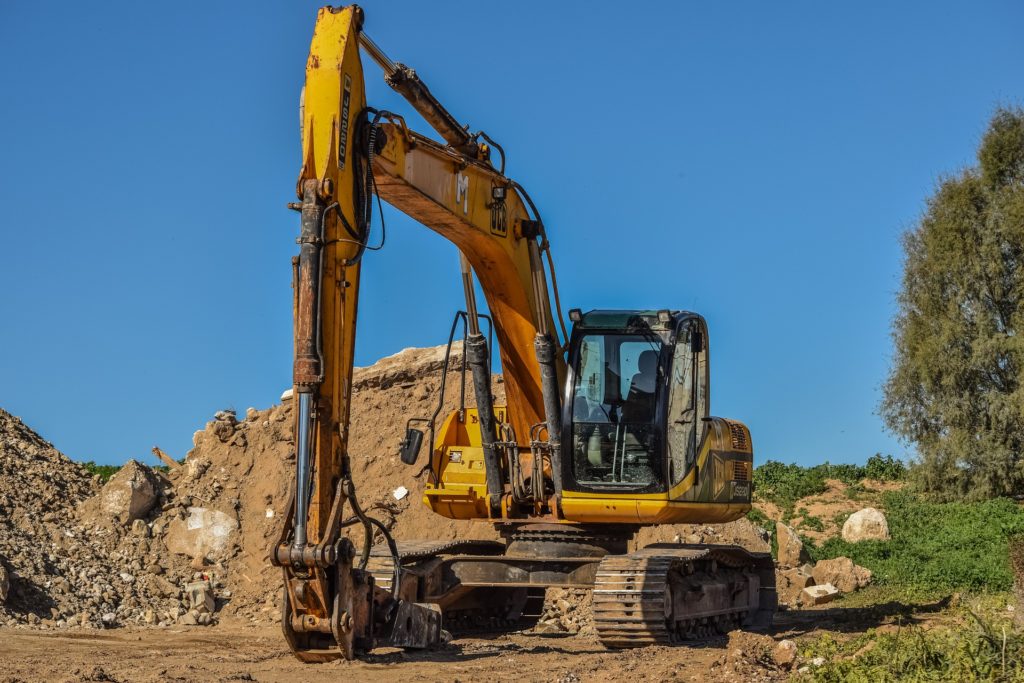
Innovative Health to Build Lisle and Aurora Communities
by TCM Consulting and Management
01 18, 2017 | Posted in Press | 0 comments
Transitional care facilities move ahead in Lisle, Aurora
"We're very confident that we'll fill these facilities after we did the research prior to picking the locations," said Brad Haber, principal and co-founder of Innovative Health. "These areas demonstrate a need with a lot of growth expected."
The state approved both projects last May, and zoning permits were provided by Lisle and Aurora officials. Read More
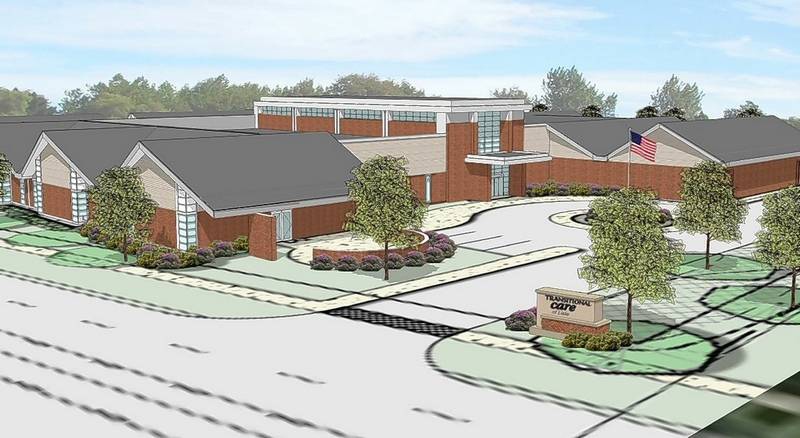
Aging Baby Boomers Transform the Conventional Nursing Home
by TCM Consulting and Management
06 01, 2016 | Posted in Press | 0 comments
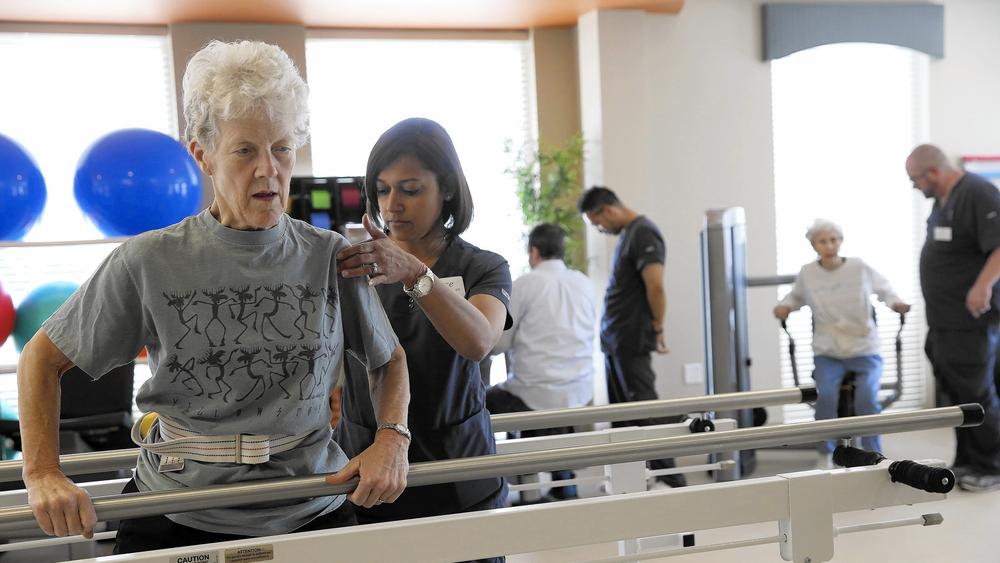
End May Be Near For Lake County’s Winchester House Nursing Home
by TCM Consulting and Management
03 08, 2016 | Posted in Press | 0 comments
By Russell Lissau of Daily Herald The private company that operates the Winchester House nursing home has plans to close the county-owned facility in Libertyville and build something new in Mundelein. If Lisle-based TCM Consulting and Management's $30 million proposal moves forward, it would officially mark the end of Lake County's long involvement with Winchester House, a relationship that goes back nearly 170 years. It also would create a modern medical facility in central Lake County, one especially designed for the region's older residents. "As the baby boomers age, it is important for communities to provide facilities that will meet their needs in the future," Mundelein Village Administrator John Lobaito said. "Although the plans are conceptual at this point, we are very excited about (TCM) choosing Mundelein as the place for their latest facility." (Read More)
